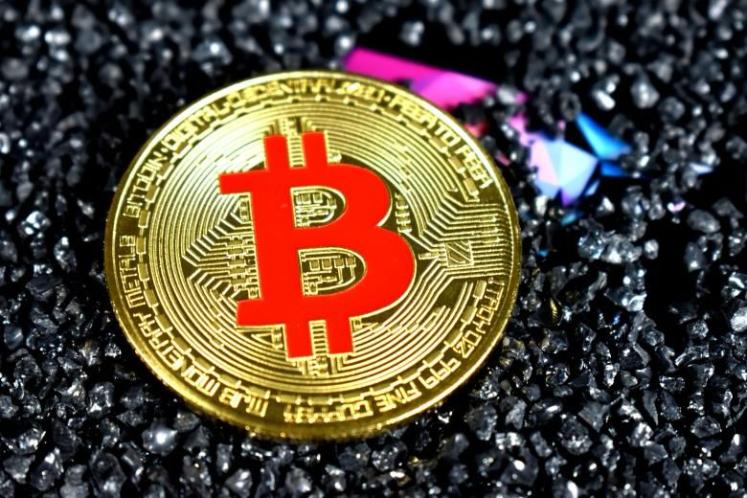- Panama City will accept Bitcoin, Ethereum, and stablecoins for municipal payments, but all transactions will be converted to U.S.
- dollars through a partnered bank. While symbolic of crypto progress, the move stops short of full adoption due to legal constraints.
In a landmark move for Latin America’s fintech scene, Panama City has officially begun accepting cryptocurrency payments for municipal services. Announced by Mayor Mayer Mizrachi, residents can now pay taxes, permits, fees, and even fines using Bitcoin (BTC), Ethereum (ETH), and stablecoins like USDC and USDT. But there’s a catch—while the city accepts crypto, all payments will ultimately be settled in U.S. dollars.
Despite the splashy announcement, the initiative has a significant limitation: the city’s legal obligation to handle funds in USD. To comply with national financial regulations, any crypto paid to the city will be immediately converted into dollars via a partnered bank. The municipality itself won’t hold any crypto—only fiat.
Also read: Russia to Update Criminal Code with Cryptocurrency Laws to Enable Asset Seizures
“Citizens will now be able to pay taxes, fees, tickets, and permits entirely in crypto,” Mizrachi tweeted, noting the city council’s vote in favor of the policy. However, he acknowledged the legal constraints that prevent full-scale crypto adoption.
This isn’t Panama’s first attempt at embracing digital currencies. A nationwide crypto bill introduced in 2021 aimed to establish a legal framework for widespread use. Though initially well-received, the bill was deemed “unenforceable” by the Supreme Court in 2023, effectively killing the effort.
Panama City’s new approach sidesteps the national legislature entirely. By leveraging third-party financial institutions to handle conversion, the city can integrate crypto payments without breaking the law. But the workaround also means the government isn’t truly “holding” crypto, limiting the innovation’s impact.
Still, it’s a symbolic step toward modernization in a region where the U.S. dollar remains dominant. Panama’s own currency, the balboa, is pegged to the dollar and used mostly in coins, giving the dollar full legal tender status.
Mayor Mizrachi calls the move a boost for “the free flow of crypto” through the local economy, but observers remain skeptical. Without regulatory reform or deeper integration, this may be more a gesture than a revolution.
Crypto is in—but it’s still dressed in greenbacks.




